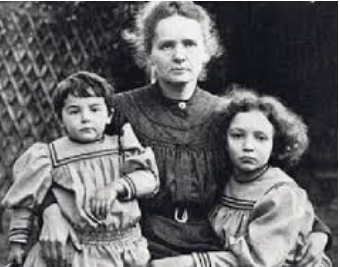In the UK, the family courts determine child custody. Custody is usually awarded to the parent who is most likely to provide the child with a stable, nurturing environment. The judge considers several factors, including the child’s emotional and physical well-being and the parent’s lifestyle. If you have a religious belief or practice, the judge will look at how well the other parent will support the child.
The court will also look at the relationship between the mother and the child. The mother tends to have a closer bond with a child from birth to toddlerhood, and therefore has a better relationship with the child than a father. Furthermore, mothers tend to take time off work to care for their children more than fathers do. As a result, the courts give more weight to this bond, which is a major factor in the decision-making process. If you need advice from a Solicitor Gloucester, www.deeandgriffin.co.uk
Although children do not have the right to decide who they live with, they do have the right to express their preference in physical custody arrangements. Most courts do not set an age limit for children to express their preferences. Thus, even a young child who has formed a strong bond with one parent may express a preference to live with that parent. A judge will consider the child’s age, the family’s monetary situation, and other factors when determining physical custody.
When determining physical custody, judges will take a child’s physical and mental health into consideration. If the child’s needs and situations are different, the judge may grant sole custody to the parent who is better equipped to provide care and guidance for them.
In the case of joint physical custody, the child will live with both parents 50 percent of the time. A judge may also order the parents to pay child support. Child support is usually based on the income of each parent. Joint physical custody is often decided by mutual agreement or mediation, which involves a neutral third party. This is usually the best option for both parents. And when the parents are unable to agree on a custody arrangement, the court will choose a custody arrangement that is in the child’s best interests.
If both parents have religious beliefs that conflict, joint legal custody may be awarded. Joint legal custody involves the rights of both parents to make important decisions for the child. However, if the child lives with one parent exclusively, the noncustodial parent is not awarded sole custody and would receive visitation rights.



